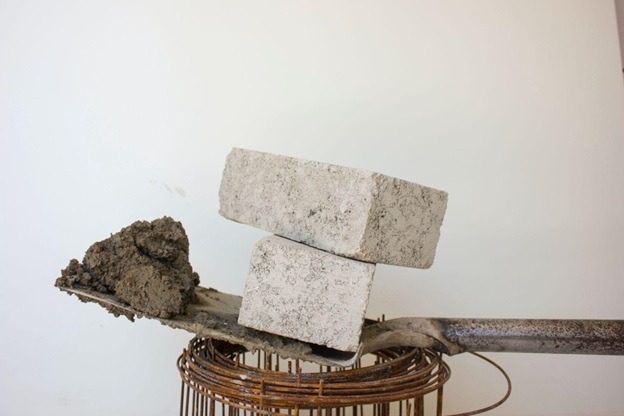Concrete is one of the most commonly used and versatile building materials in the world, it is not only strong but also an affordable option for many building projects. But there is more than one type of concrete and different varieties have appeared in the marketplace for different purposes. From fibre-reinforced blends to spraying concrete, each type of concrete has something unique depending on your needs. Let’s look at the varieties available so you can make an informed decision for your next build.
Regular Concrete Derived from Portland Cement and its Advantages
Portland cement is the most widely used cement to create most concrete varieties and for good reason. The regular concrete types derived from this cement have a wide range of advantages that make it the first point of call for building and construction sites.
The most exceptional advantage is its durability, as it can withstand large amounts of pressure and weight, making it ideal for surfaces carrying heavy loads like roads and bridges. It’s also resistant to fire and easy to mould, making it a popular choice for designers and architects. All in all, it’s really going to be your best bet for almost all situations due to its versatility but you might also need other options for more obscure or unusual constructions.
The Difference between Ready-Mix and Site-Mixed Concrete
Some terms you might see when dealing with concrete would likely be ready-mix and site-mix concretes. While you might not think the end result would vary too much between the two there are some important advantages and disadvantages between both types.
Ready-Mix Concrete
Ready-mix concrete, as the name suggests, has been mixed off-site and is delivered to the construction site in a premixed truck. This form of concrete is more convenient as it requires less time, and is generally of a higher quality as it is mixed in a controlled environment with higher precision. It is perfect for projects that need high-quality concrete and also looking to save time or labour costs.
Site-Mixed Concrete
Site-mixed concrete, on the other hand, is mixed on-site using a batch plant or a mixer truck. This offers more flexibility as the proportions can be adjusted on-site and it may be more cost-effective for smaller projects. For those projects that are smaller and don’t have a massive budget or time constraints, it can be a good option.
Varieties of Speciality Concrete for Different Purposes
Aside from regular concrete mixes, there are a variety of types we can also use for different purposes. The marketplace is constantly evolving and new forms and applications for concrete are being developed, let’s take a look at these options.
Lightweight Concrete
Lightweight concrete is ideal for reducing the weight of structures and enhancing thermal insulation. It is made by using a lighter-density mix and contains low-weight components perfect for roof insulation, structural walls and acoustic walls. Just ensure that you don’t load heavy structural weight as it can’t handle heavy loads.
Fibre-Reinforced Concrete
Fibre-reinforced concrete is perfect for reinforced structures that are subjected to stress or impact. Steel, glass or synthetic fibres are mixed with the concrete to create a stronger material that can withstand greater force or weight. This is perfect for structures such as foundations or beams.
Self-Compacting Concrete
Self-compacting concrete is used for projects that require a more precise finish or vertical structures where gaps could occur due to the weight of the concrete. It compacts itself, is easy to use and can be cast in intricate shapes without any voids or air pockets.
Spray Concrete
Spray concrete is great to coat surfaces and create a smooth finish mainly for aesthetic purposes. It is sprayed from a nozzle at high velocities and dries quickly for faster application than regular concrete mixes. This makes it popular for swimming pools or water tanks where an application needs to be made on more intricate areas.
Stamped Concrete
Stamped concrete is commonly used for paving and flooring as it provides an aesthetically pleasing finish. It can be made to resemble brick, stone or tiles with stamped patterns and colours being applied to the surface. It’s highly durable and offers a cost-effective alternative to more expensive hardscaping materials.
Summary
In construction, concrete is the integral material of choice for all structures ranging from residential to commercial. Although the use of regular concrete is reliable for most applications, there are some occasions where it may not be optimal for particular construction projects. Speciality types of concrete can provide benefits in certain circumstances so ensure you find the right type of concrete for your next project if you want the best results.

